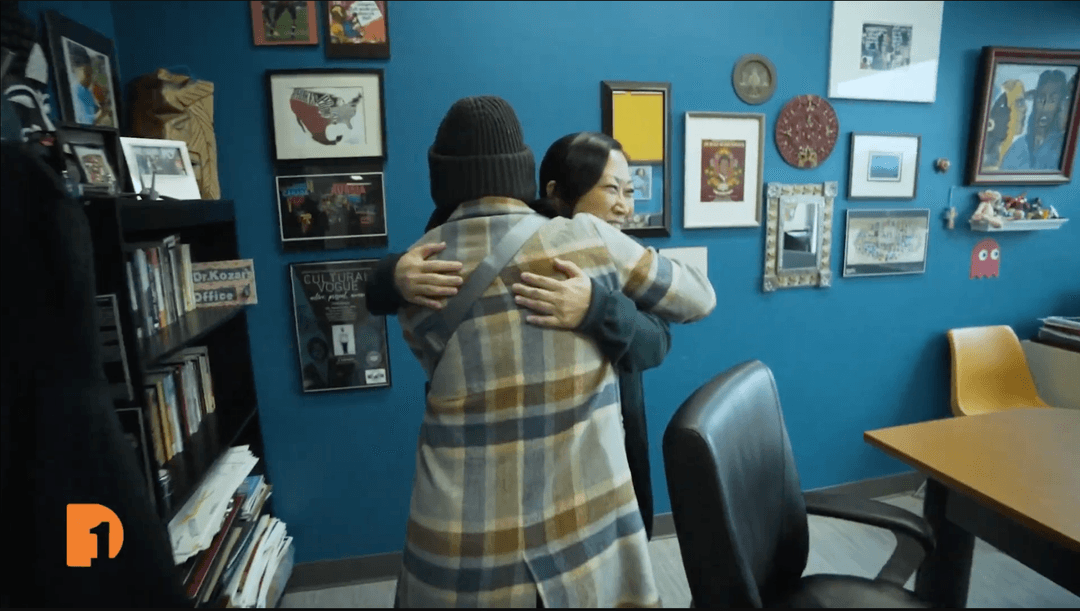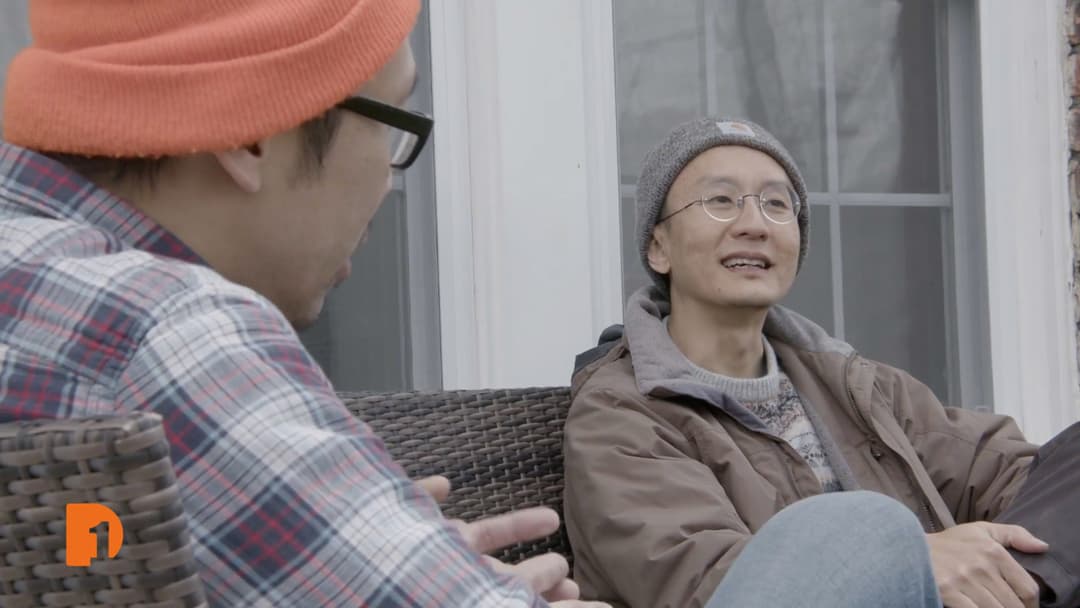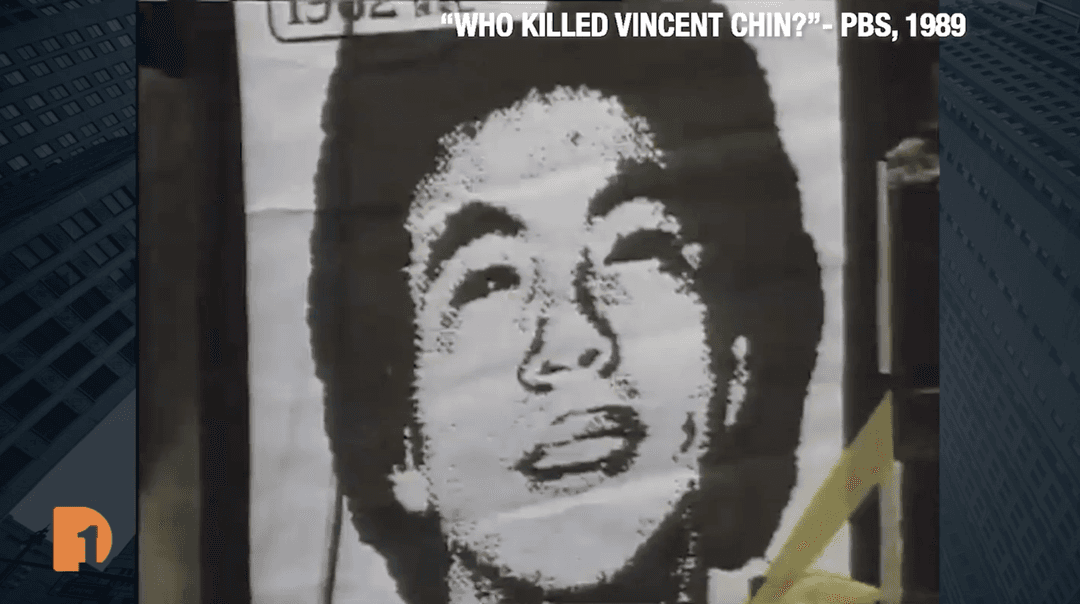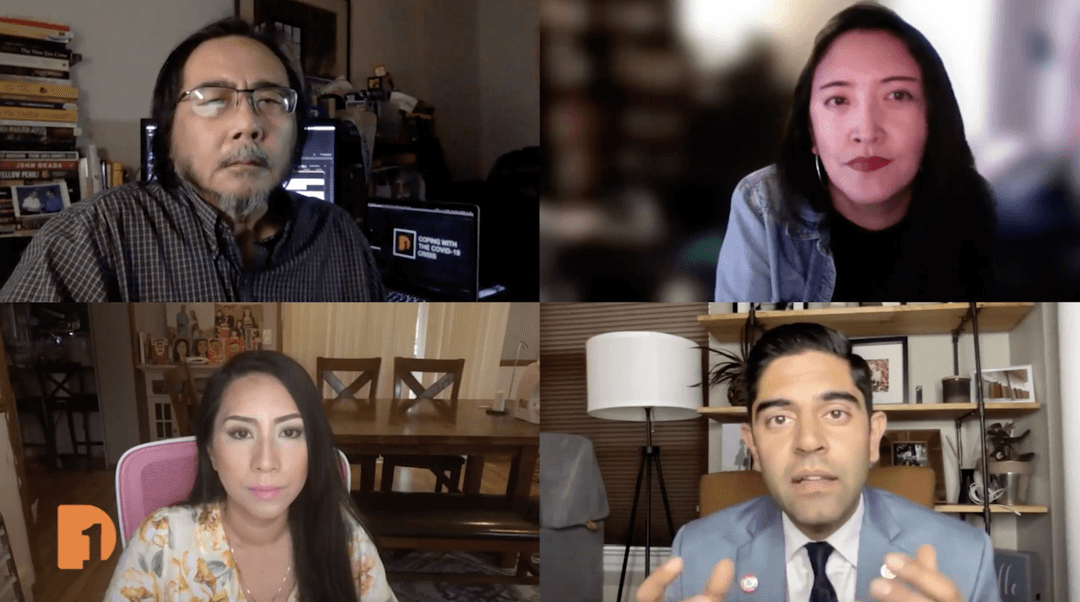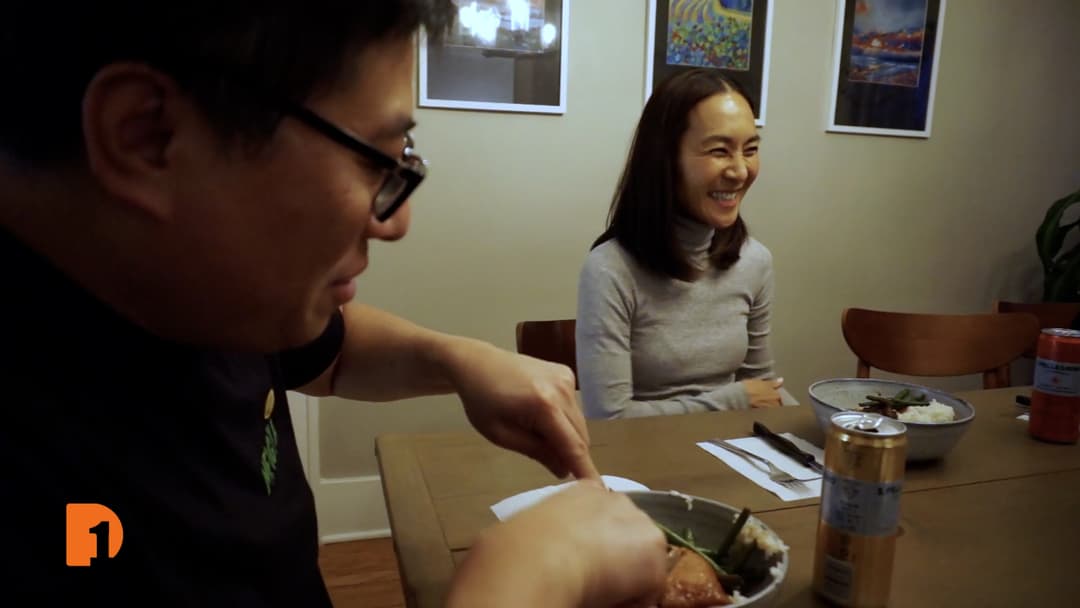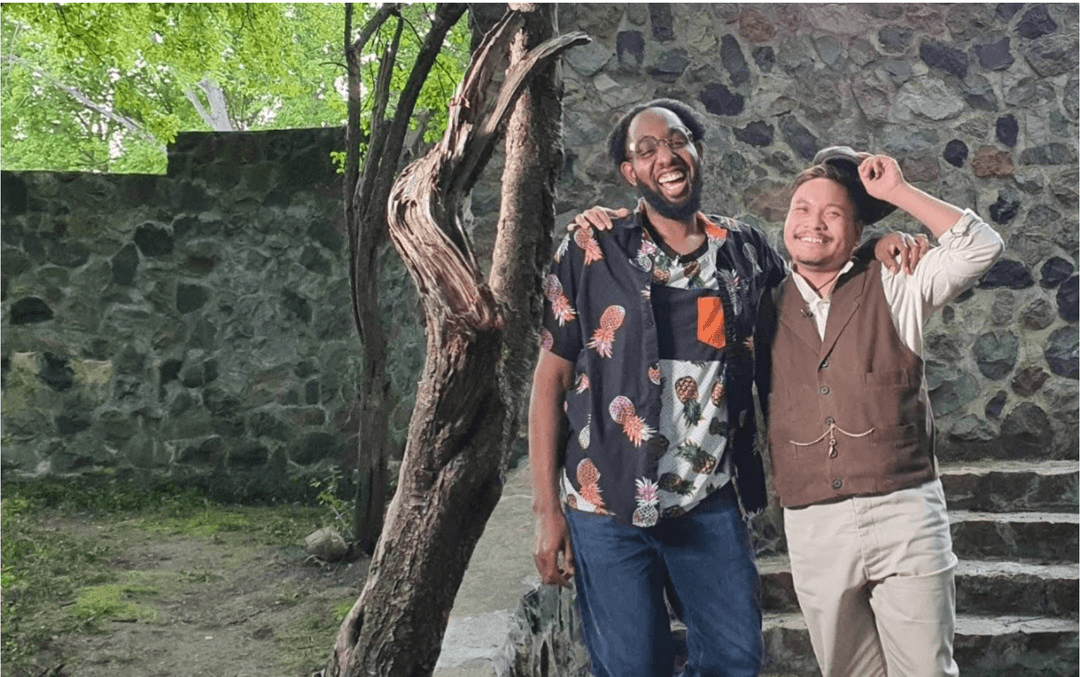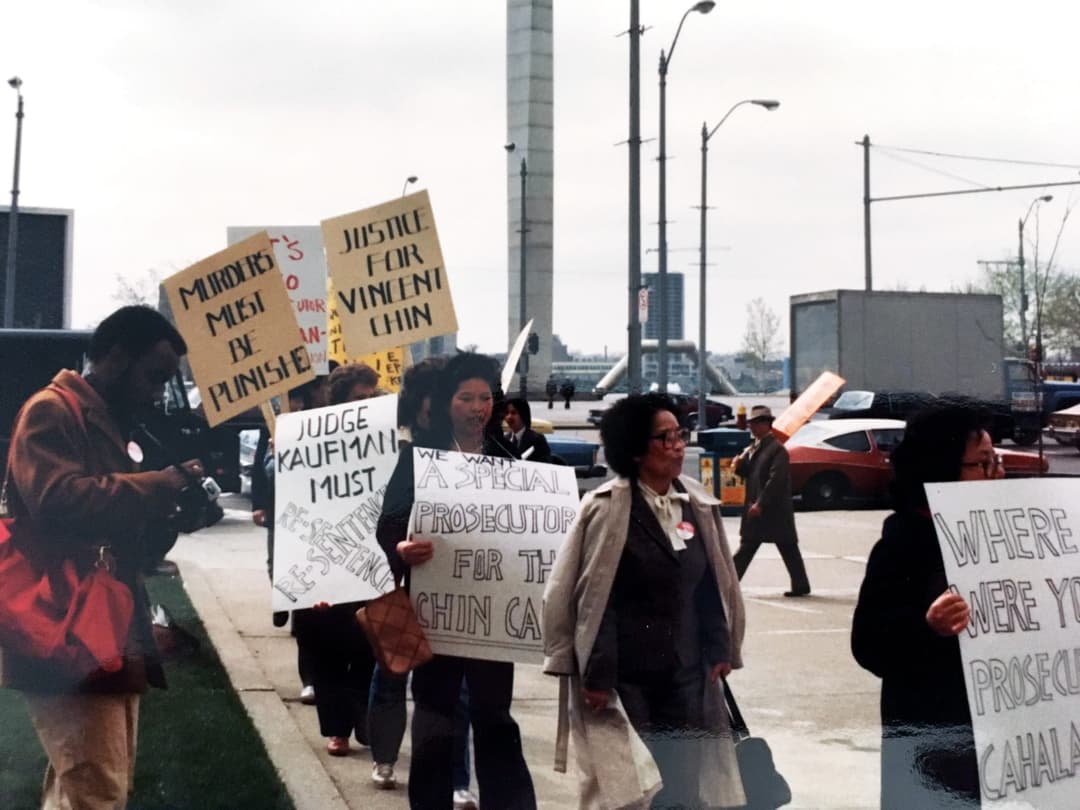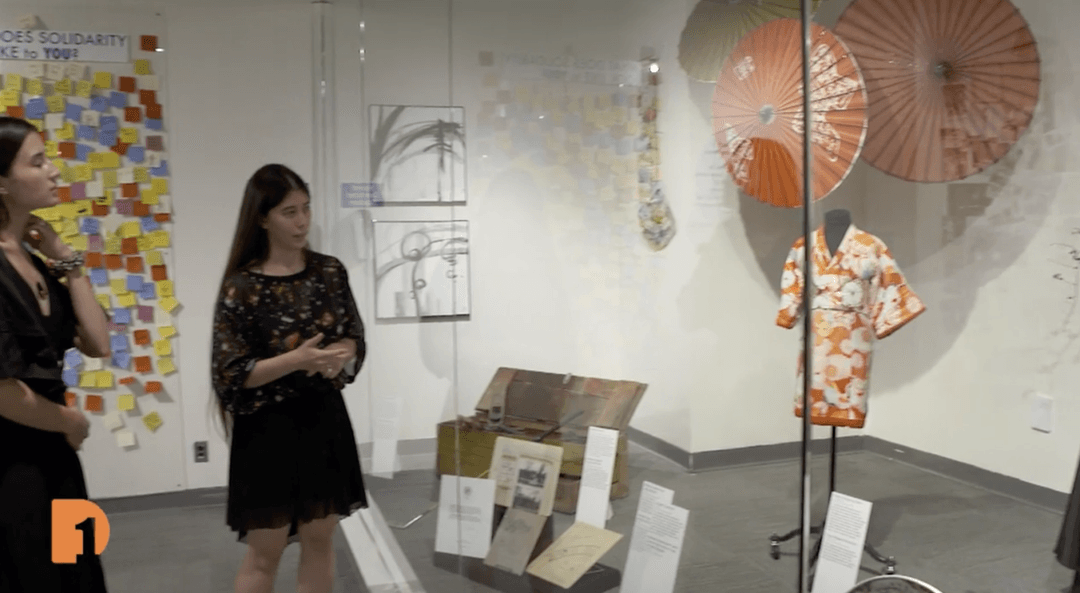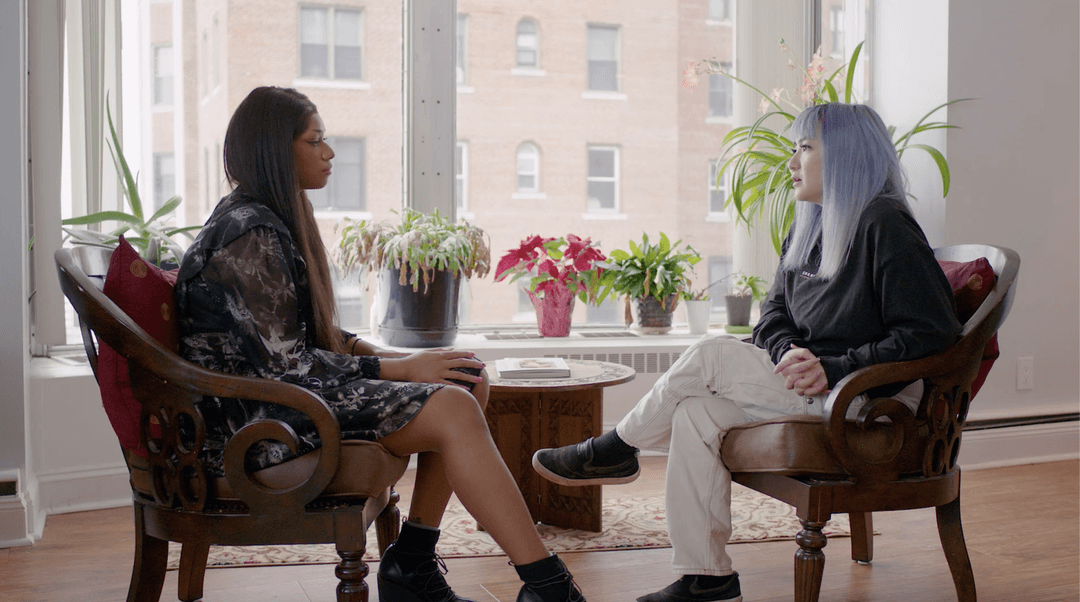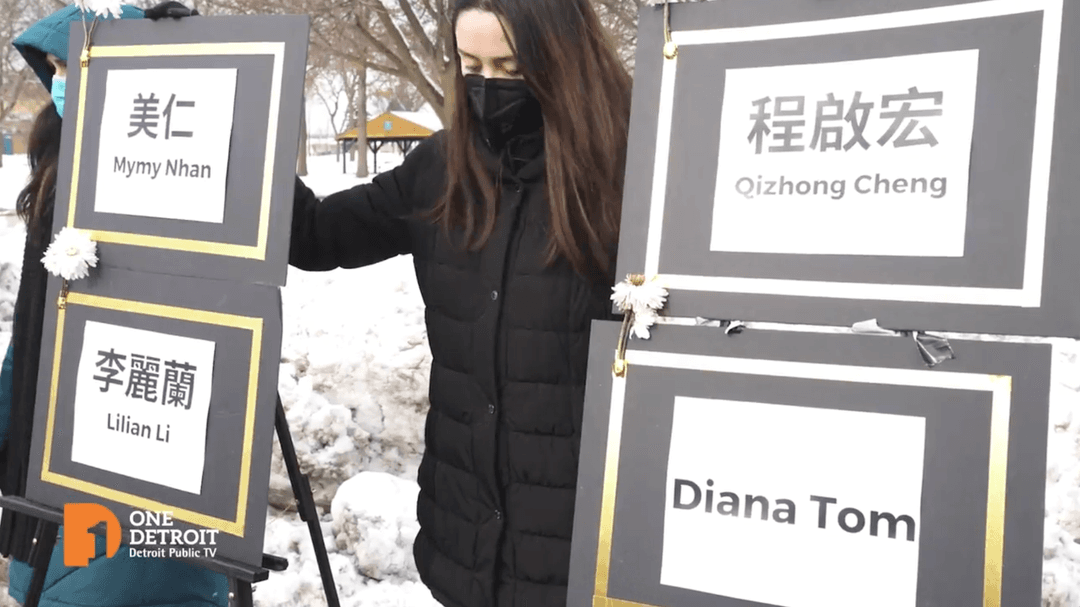Examining Michigan’s AAPI Community: A roundtable on the issues, activism and legislative developments
May 18, 2023
As one of the fastest growing demographics in the state, Michigan’s Asian American and Pacific Islander (AAPI) community finds itself at the forefront of advocating for change, with potential new state legislation, efforts to include AAPI history in public schools and an outpouring of advocacy and activism shaping the present-day Asian American narrative.
On the legislative front, Michigan is witnessing the emergence of potential new laws that directly address the concerns and needs of the AAPI community. These proposed measures seek to combat anti-Asian hate crimes and increase the visibility and recognition of AAPI history in Michigan’s public schools. Legislators and grassroots advocates alike are pushing for comprehensive and accurate representations of the AAPI community’s contributions, experience and struggles throughout American history.
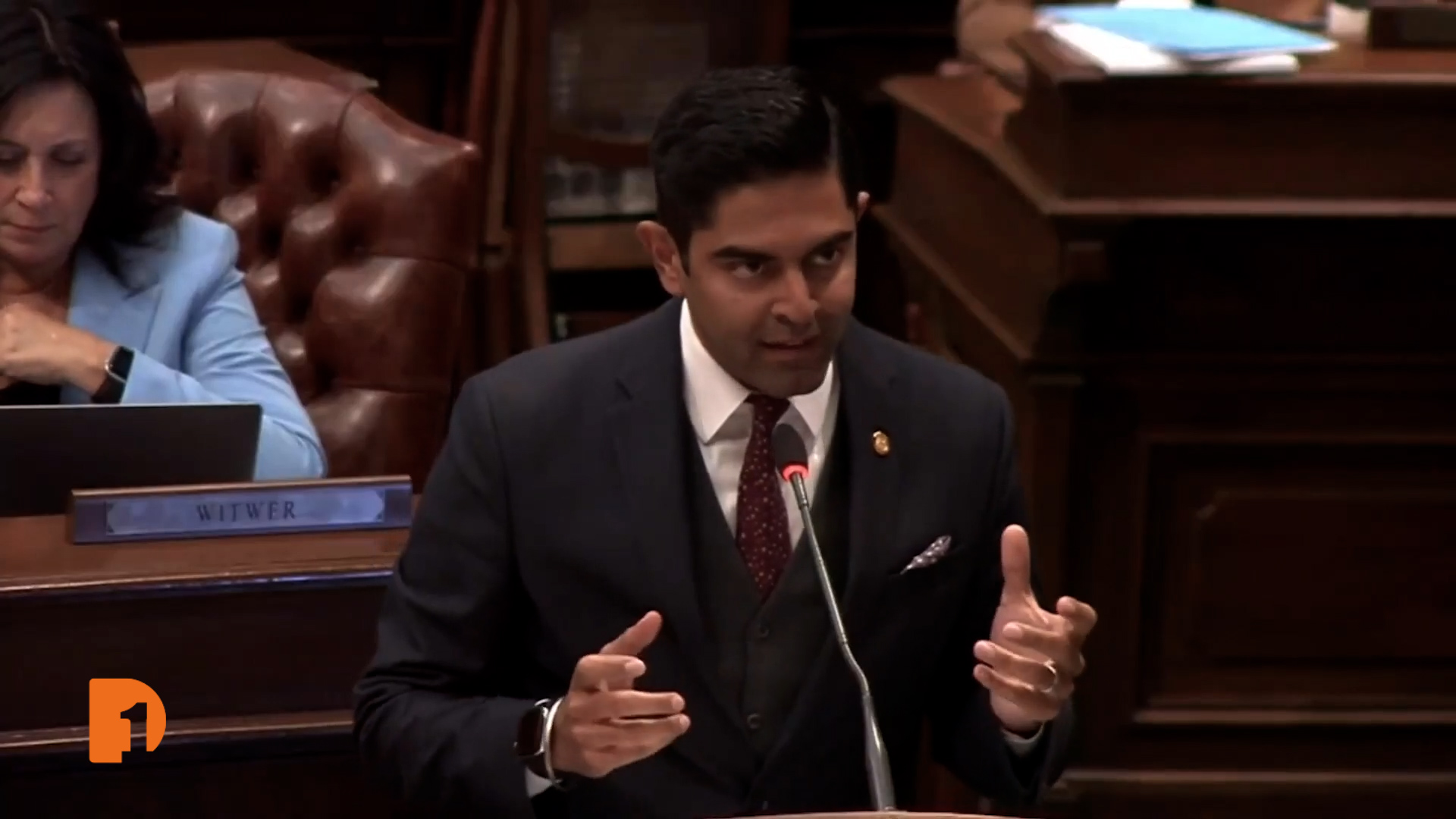
Within the Asian American community itself, as the torch is passed from one generation of activists to the next, advocacy and activism have surged to address systemic issues and effect meaningful change. Activists, organizers and community leaders have been working tirelessly to dismantle stereotypes, challenge discriminatory policies and amplify the voices of marginalized AAPI communities.
For AAPI Heritage Month, One Detroit Senior Producer Bill Kubota delves into the multifaceted issues and vibrant activism within Michigan’s AAPI community. He leads a roundtable with Canton High School Social Studies Teacher Richard Mui, Rising Voices Director of Communications Jasmine Rivera, Michigan State Congressman D-24 Rep. Ranjeev Puri, and Kurtis Fernandez, a field director and community organizer for APIA Vote Michigan.
The roundtable discussion explores the status of AAPI history in Michigan’s schools, how anti-Chinese sentiment might affect the AAPI community here, the media’s treatment and portrayal of the AAPI community, and the need to continue to push boundaries to create change.
Full Transcript:
State Rep. Ranjeev Puri, (D) Canton Township: Thank you, Madam Speaker. I’m extremely proud of the work we put into this budget.
Bill Kubota, Producer, One Detroit: In Lansing, let’s talk representation. The State House… 110 seats.
State Rep. Ranjeev Puri: Michigan is known as the auto state, and I think many of us in this room want to keep it that way.
Bill Kubota: Ranjeev Puri’s in his second term. He’s from Canton Township, Western Wayne County.
State Rep. Ranjeev Puri: For me, I am the only representative of Asian American descent in the Michigan House. There’s been a fluctuation of a couple here and there in years past. But in this current session right now, I’m the only one.
Bill Kubota: Are you surprised that you’re the only one, or do you think there should be more, or could there be more?
State Rep. Ranjeev Puri: I think our government should be representative of the communities that make up our state. Now, the acronym AAPI is often misunderstood. It stands for Asian American and Pacific Islander. The term is used to describe a diaspora of people with roots in over 40 countries. The Asian-American demographic now is the fastest-growing demographic in the country and one of the fastest in Michigan. And so I think it’s important that our representation represents the people that make up the state.
Bill Kubota: Well, there’s been kind of a shift, politically speaking, very recently. What does that mean to the AAPI communities here in Michigan if anything?
State Rep. Ranjeev Puri: That’s what I like to tell people, is I think the needs of the AAPI community are no different than the broader needs of Michigan. I think the AAPI community wants safe communities, wants good schools, wants a bustling economy. Now, the AAPI community is a little bit unique where it’s seen a rise in hate crimes over the last number of years, especially in the onset of COVID with some of the rhetoric being used. But there are a number of communities that have suffered from hate crimes. And so, again, I think the needs of the AAPI community do really fit well with the needs of Michiganders all over the state.
Bill Kubota: How about Asian-American history in our schools? There was some legislation introduced last term with Senator Stephanie Chang. It didn’t seem like there was much of a chance for that, but what about now?
State Rep. Ranjeev Puri: Yeah, there’s been a shift in the power dynamics in Michigan last November, putting Democrats in power for the first time in 40 years of having a trifecta of controlling the Senate, the House, and the governor’s office. And so I was a part of the package last year in the House. I introduced the bill in the House.
This year, we are planning on introducing that same legislation again. The legislation would be part of a multiple-bill package which would make our curriculum just more culturally competent across the board. So deeper instruction for not only the Asian-American communities but the Hispanic community, the Middle Eastern Chaldean community, African Americans, and the indigenous populations.
Bill Kubota: Do you have any timeline on when that would be?
State Rep. Ranjeev Puri: It’s hard. I’m hopeful that it will happen this calendar year and maybe this fall.
Bill Kubota: One other thing that has been big recently is the Chinese Operation Gotian Battery Plant. Last month, the state appropriated $175 million for a new factory near Big Rapids. Its Chinese ownership had some seeing red.
Speaker 1 We don’t want the Chinese Communist Party (CCP) here by way of the Gotian Plant as they have no regard for the value and dignity of human life.
Bill Kubota: The Senate committee approved the funding by a narrow margin. What’s your take on that?
State Rep. Ranjeev Puri: That’s not the first time I’ve gotten that question. It’s an important topic. I’m very passionate about our economy, our automotive industry, and particularly electric vehicles. Now, with the Gotian Conversation, I think any time the state is investing resources or joining a partnership, I think those partnerships should be scrutinized. I think where we should be careful is oftentimes hateful political rhetoric can be mixed in for political gain.
Bill Kubota: More from Representative Puri ahead but now let’s hear from a few on the front lines trying to activate change amongst the AAPI. A couple of years ago, you had Black Lives Matter with George Floyd. That activated a lot of folks.
You had the Asian hate and the rise of that in 2021. And it puts us in mind of the Vincent Chin case here in Detroit going back to 1982, where it did kind of create solidarity among some groups. And I just wonder, is that tailing off post-COVID? Where are we on that?
Richard Mui, Social Studies Teacher, Canton High School: I think part of the solidarity movement that we need is to make some institutional change and some systemic change. And so I don’t think we can- it’s not sustainable if we go from event to event and wait for the next one before we come out to the streets or come out to the rallies. I think we need to think bigger picture.
So how can we change the institutions? How can we change the systems so that it’s more permanent, more long-lasting? I think one of the good things that’s happened over the last X number of years is that we’ve had more Asian Americans in the state legislature to give us a voice. And so that’s something that’s there and we can use that as a as a wedge to leverage some greater change.
Kurtis Fernandez, Field Director, APIA Vote – Michigan: The good thing is we have the Asian-Americans that we have are very competent. What I like about, for example, Stephanie Chang. She is seen not just as an ally in the Asian-American community, but definitely, I would say, the black community, definitely other immigrant communities.
She is definitely an example of that solidarity because I think we’ve had Asian-American folks that voice concerns about why are we participating in BLM movements. Because that’s not our community but I’ve worked with black organizers that are supporting the Chaldean community, the Asian-American community. That’s not their community, but they’re fighting for our rights nonetheless, right? So we can achieve more together.
Jasmine Rivera, Director of Communications, Rising Voices: Well, it’s kind of like the question that someone posed to Ruth Bader Ginsburg. How many women belong on the Supreme Court? What’s the proportion? And she said eight.
So, yes, it’s great that we have these new legislators who are coming up but right now we’re thinking about even in Warren, we have a historic race this year where we’ve got a record number of Asian-American candidates who are running for office in a city that has been known to be a part of an extremely segregated part of Metro Detroit. And so people are beginning to move forward.
They’re pushing these boundaries and these barriers, and I think that needs to continue. I’m not going to put a cap on that. I think we always are going to need people who can reflect our communities and also be responsive to our communities.
Bill Kubota: Explain a little bit more about what’s going on in Warren right now. You have some folks running for city council, right? Who are those folks and why are they running?
Kurtis Fernandez: I think we have Mai Xiong who’s running for city clerk. She’s Hmong. I believe we have Bengali candidates running. We try to keep this as not politically charged as possible but, there are a lot of politicians that have been in their offices for a long time and they get complacent, and Warren might be one of those cities. At least that’s what people feel like.
When it comes to say the mayor or the city clerk. Warren is a city that I believe is at least 20% black and at least 12% to 15% Asian, which is not what it was when I was growing up in Sterling Heights, right across the border. As the demographics have changed, the question is, are the existing elected officials responsive to those changing demographics? But I suspect that there are a lot of folks that think that it may be beneficial if there are people that represent our interests a little bit better.
Bill Kubota: Well, let’s talk about teaching this history statewide. There’s been legislation introduced in the past session and now maybe something coming up again soon. What do you think about that? Is that something that’s going to really happen?
Richard Mui: I think so. I really do. I think from the legislation being passed but I think the more crucial aspect is how it’s implemented. So how can we get it out into the hands of teachers? How does it show up in the classroom? So, again, that’s just a normal part of the conversation. I think one of the things that’s really undertold is, like, the 65′ Immigration Act. That opened up immigration again. It literally changed the face of our country. So if you want to understand why there are more people of color here, more Asian faces, more Hispanic faces, we can literally go back to that.
So I think when people say things like go back to where you came from or what are you people doing here? They’re just really ignorant of that history. I learned this in a workshop. “We’re here only because you’re over there.” And I think that’s really true when you look at the history of the U.S. in the Philippines or the U.S. in Hawaii, Vietnam, Southeast Asia, the building, the railroads. There’s a part the U.S. Government has played in and U.S. businessmen have played in bringing over Asians here to serve as a labor force, I think in particular.
Bill Kubota: Well, Asian-American history is important to Asian-Americans to understand their identity but-
Richard Mui: I really think it’s important for everybody. In part of the history course, we studied when the Irish came over here and how they experienced discrimination, and then later when the Italians and other Eastern Europeans came over here. We talk about Ellis Island. So even though my parents didn’t come through Ellis Island, the expectation is that we know of it and know of its role in U.S. history. I think that can be said of Asian parts of history as well, that again, it’s part of the narrative. And without that, you have, really, an incomplete story, which then I think leads to some of the anti-Asian hate and such.
Kurtis Fernandez: We spent our whole lives learning about other folks. I don’t understand why it should be a problem for somebody to learn about us, right? We all need to learn about each other.
Bill Kubota: How is the media treating AAPI folks, if at all, from what you’re seeing these days?
Kurtis Fernandez: With all the anti-Asian hate attacks, I think the media has done a poor job of inflaming racial tensions. You know, anti-Asian hate is an American problem, right? And it’s not another Black, Indigenous, People of Color (BIPOC) community that’s committing these attacks on us. It’s American society. I mean, that’s my interpretation of it.
To be clear, there’s a lot of anti-blackness in Asian communities. I have dealt with it because I’m Filipino, because of my skin color, and the way I look, I’ve had Asian folks say a lot of hateful things to me growing up and to the current day. I had family members say things about why are black people attacking us when, literally, it was a white man in Atlanta that shot, what was it, eight or nine people? And they didn’t say anything about white folks. I think the media has done a poor job, I would say.
Bill Kubota: Hate crimes, are complicated, but expect some action in the legislature.
State Rep. Ranjeev Puri: We’ve actually introduced some bills two weeks ago which will help broaden the definition of hate crimes and provide prosecutors with some tools because as current laws stand right now, the original drafts that were done in 1988 are still on the books of what constitutes a hate crime. And those laws were done after the Vincent Chen incident in 1982. One of the things that makes Canton so great is the various communities. There are places of worship, and different faiths all over the township here.
Culturally, I’m part of the Sikh community. Sacred doors here have been vandalized a number of times. And it was actually an incident that happened to my family’s former place of worship in 2012 that led me to run for office. A white supremacist mass shooter came into that Sikh gurdwara thinking it was a mosque, opened fired, and killed six people that day. That was a seminal moment I had when I knew I wanted to run for office and fight for a little bit more.
Bill Kubota: And what would this new legislation do? Increase prison terms, that sort of thing?
State Rep. Ranjeev Puri: It’s very holistic in nature, yes. The goal is not to send more people to jail. There’s a restorative justice component. Those laws were just introduced, but we’ve taken some learnings from other states around this country where you’ve seen people who do some of this light vandalism have to volunteer at the place that they desecrated to better understand that community with the hopes of providing some insight and education.
So that’s why I think a lot of these things are connected, even going back to those education bills. If we can start that education at a younger age to hopefully kind of move away from some of these hate crimes. Another package of bills that was introduced about three weeks ago will now declare a lot of Asian holidays as state holidays Diwali, Eid, and the Sakhi Lunar New Year would all be now on the list of state holidays if those bills were to pass, and signed into law.
Bill Kubota: What more to do with Asian-American and Pacific Islanders spread out across the region? For activists, the challenge remains how to join them together and consolidate.
Jasmine Rivera: With the Asian-American community coming together, forming a pan-Asian identity, getting stronger and more articulate, and raising voices. I think that’s great. But I think, also, the self-examination that we need to have as a community, our lack of communication across ethnic groups… It’s very apparent when you’re growing up in Michigan that here are the Novi Asians or the Farmington Hills Asians, and here are the Madison Heights Asians.
So the fact that we cannot build power without each other, these are things that are pulling us behind that we need to be fearless in addressing at the same time that we are raising our voices and advocating for ourselves in terms of racism coming from white supremacy. But I’d be interested in those types of conversations.
Stay Connected:
Subscribe to One Detroit’s YouTube Channel & Don’t miss One Detroit Mondays and Thursdays at 7:30 p.m. on Detroit PBS, WTVS-Channel 56.
Catch the daily conversations on our website, Facebook, Twitter @DPTVOneDetroit, and Instagram @One.Detroit
View Past Episodes >
Watch One Detroit every Monday and Thursday at 7:30 p.m. ET on Detroit Public TV on Detroit Public TV, WTVS-Channel 56.
Stay Connected
Subscribe to One Detroit’s YouTube Channel and don’t miss One Detroit on Thursdays at 7:30 p.m. and Sundays at 9 a.m. on Detroit PBS, WTVS-Channel 56.
Catch the daily conversations on our website, Facebook, Twitter @OneDetroit_PBS, and Instagram @One.Detroit
Related Posts
Leave a Reply
Your email address will not be published. Required fields are marked*



